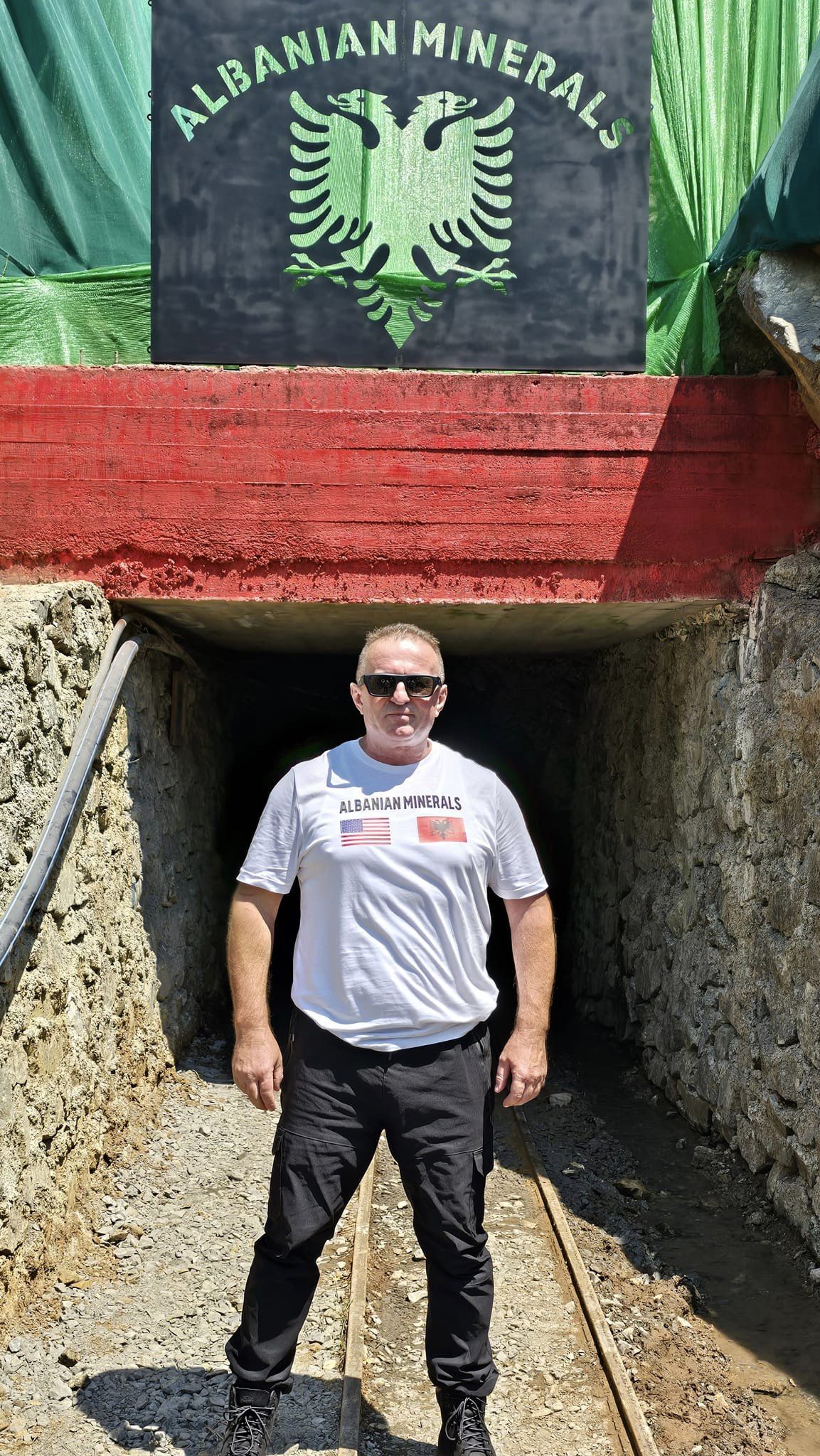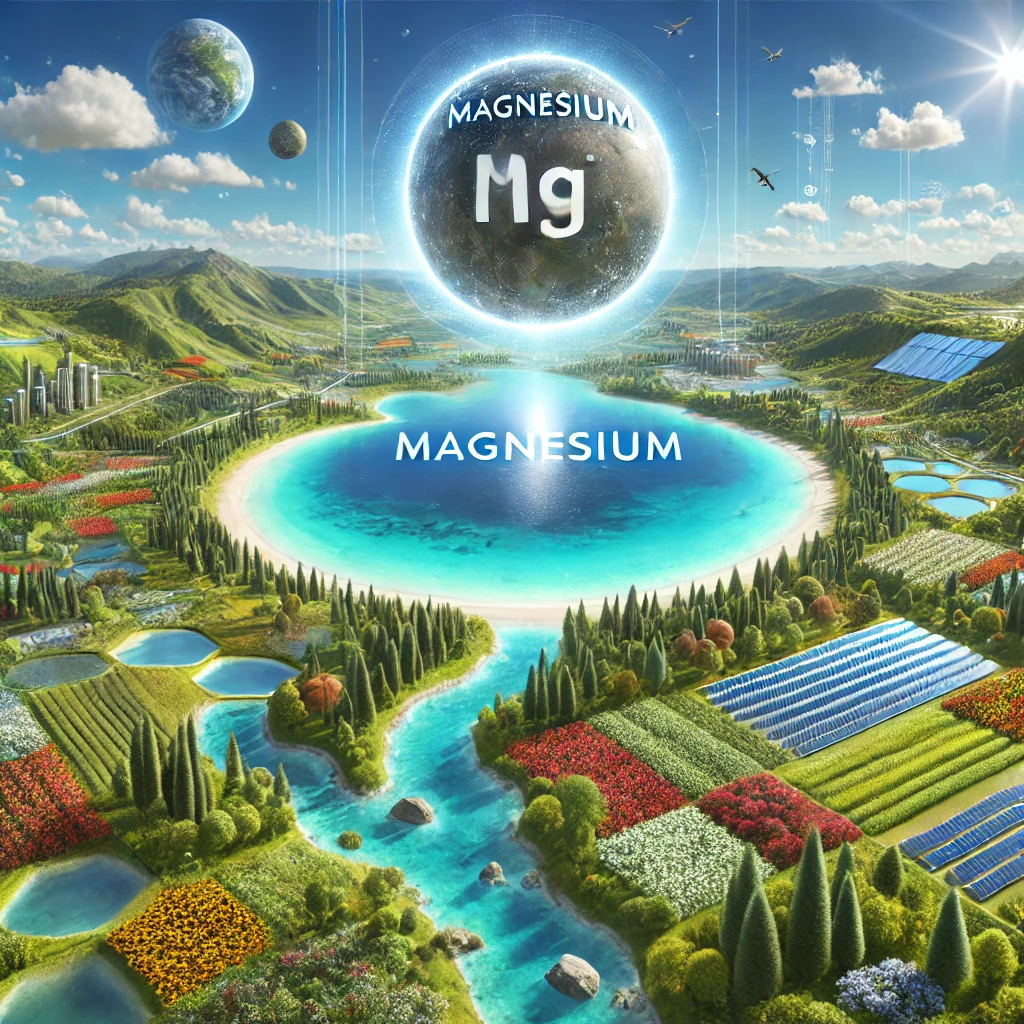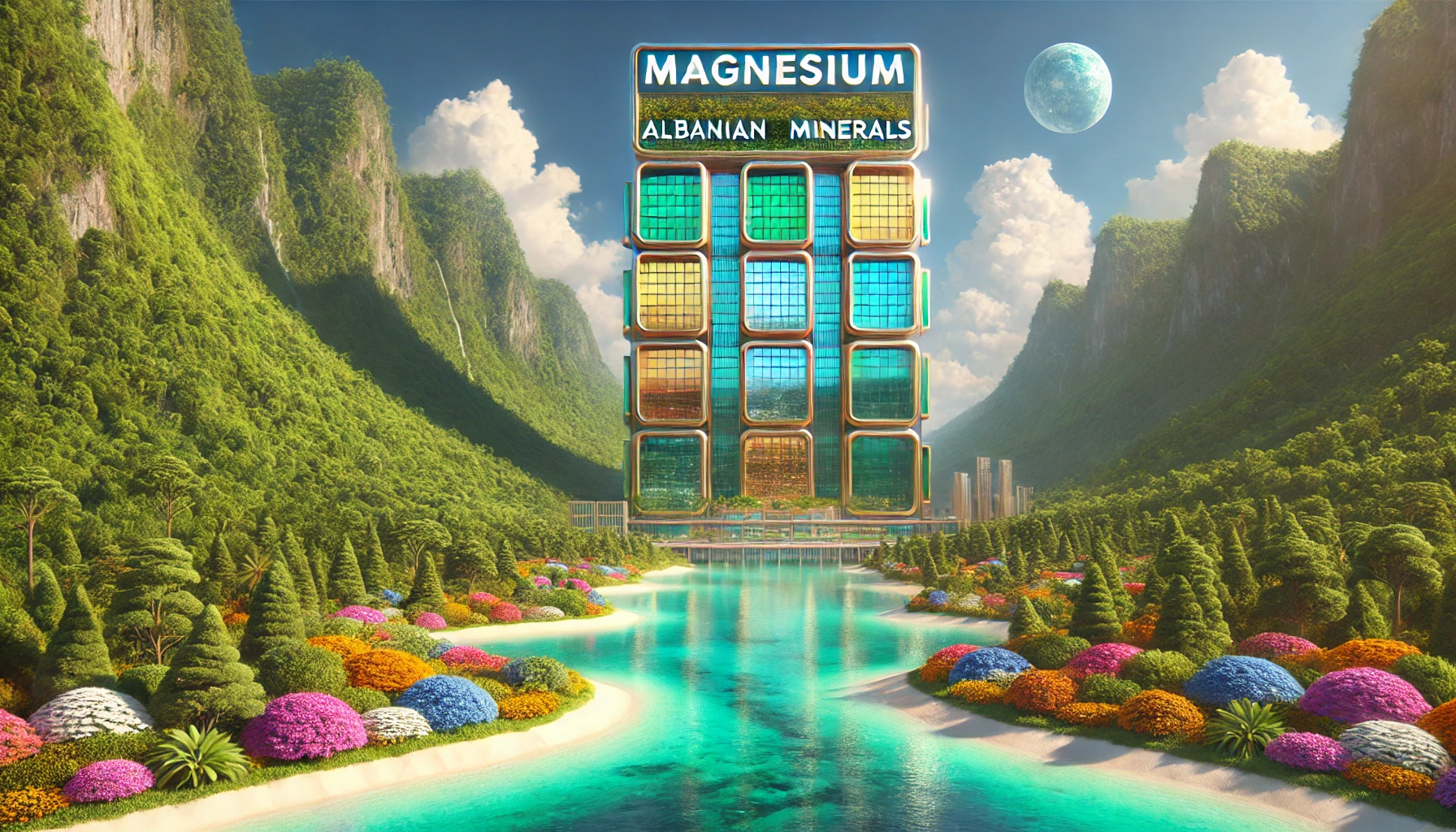
Albania’s New Dawn: Insights from Sahit Muja on Green Energy, Natural Resources, and Tourism.
A Nation of Resilience and Opportunity
In a recent article for Forbes, Sahit Muja, CEO of Albanian Minerals, eloquently captures Albania’s profound evolution from its ancient roots as Illyria to its contemporary status as a nation rich in natural resources and poised for remarkable progress. Muja reflects on Albania’s tumultuous history, from enduring occupations and genocides to post-World War II devastations by Nazi German and Italian forces. He notes that Albania’s post-war period saw its division among neighboring states and its subsequent embrace of communism, which led to economic isolation and significant hardships.
However, the narrative took a transformative turn with Sali Berisha’s administration over three decades ago. Berisha’s efforts to curb inflation and forge alliances with the U.S. paved the way for Albania’s accession to NATO and facilitated visa-free travel within the EU. This shift created a conducive environment for investment in green energy, mining, and infrastructure.
Muja’s investments in Albania are driven by his admiration for the country’s progress and his belief in its potential to harmonize environmental sustainability with its rich mineral wealth. He aims to showcase how investors can leverage Albania’s resources, green energy potential, and tourism growth while prioritizing sustainable practices.
Pioneering Green Energy
Sahit Muja said” “Albania has achieved a remarkable milestone by meeting nearly 100% of its energy needs through sustainable means, primarily hydroelectric power. This accomplishment has positioned Albania as a net exporter of clean energy to its neighbors. The country’s advancements in renewable energy and its natural abundance make it a model of global sustainability.
With extensive hydroelectric infrastructure already established, Albania is now exploring wind and solar power, with billions of dollars in investments fueling these initiatives. The country’s diverse topography—from lowlands to Mediterranean vistas—provides an ideal setting for expanding its renewable energy portfolio.
For business leaders looking to invest in Albania’s renewable energy sector, understanding the local energy landscape and fostering relationships with government officials and local businesses is crucial. Aligning with national policies, staying informed about incentives, and investing in current infrastructure are key strategies. Engaging with local communities and leveraging advanced technologies will also ensure project success and sustainability.
Rich Natural Resources
Beyond its green energy achievements, Albania boasts a wealth of natural resources that enhance its economic prospects. The country is one of Europe’s most water-rich nations per capita and is renowned for its mineral wealth. Albania is home to Europe’s largest onshore oil field and significant offshore reserves of oil and natural gas. Recent hydrogen discoveries further underscore the nation’s resource abundance.
Albania’s mineral reserves are impressive, including the world’s largest magnesium olivine reserves and Europe’s largest chrome ore deposits. The country also holds substantial quantities of bauxite, nickel, cobalt, and iron ore. This diverse resource base promises economic growth, job creation, and political stability, positioning Albania as a vital player in Europe’s green transition.
Investors in Albania’s natural resources should conduct thorough due diligence on resource quality and regulatory environments. Building strong local partnerships and adopting cutting-edge technologies to enhance efficiency and minimize environmental impact are essential. Focus on sustainability and community engagement to promote responsible development.
Tourism Growth
After years of isolation, Albania has emerged as one of the fastest-growing tourist destinations in 2024. Its strategic location at the crossroads of Europe, combined with its access to major trade routes, positions the country for significant tourism growth. Investors should focus on promoting eco-tourism, preserving cultural heritage, and developing diverse attractions. Key infrastructure improvements, including transportation, waste management, and tourism facilities, are critical to supporting this growth.
Investors can play a vital role by funding infrastructure projects, community initiatives, and environmental efforts. Public-private partnerships will be instrumental in driving sustainable development and ensuring that tourism benefits local communities while minimizing environmental degradation.
Charting a Path Forward
Albania’s strategic location, robust energy sector, and abundant mineral resources collectively pave the way for a promising future. However, the country faces challenges such as a significant brain drain and inadequate infrastructure for handling large quantities of goods. Addressing these issues through major investments and improved infrastructure is essential for sustainable development.
To navigate Albania’s burgeoning sectors effectively, investors should implement anti-corruption measures, build reputable local partnerships, and employ sophisticated financial strategies to manage risks. Monitoring geopolitical developments and creating adaptive contingency plans will also be crucial for successful investment and risk management.
In summary, Albania stands as a beacon of resilience and opportunity, with its rich natural resources, green energy advancements, and growing tourism sector offering significant potential for sustainable development and prosperity.




























